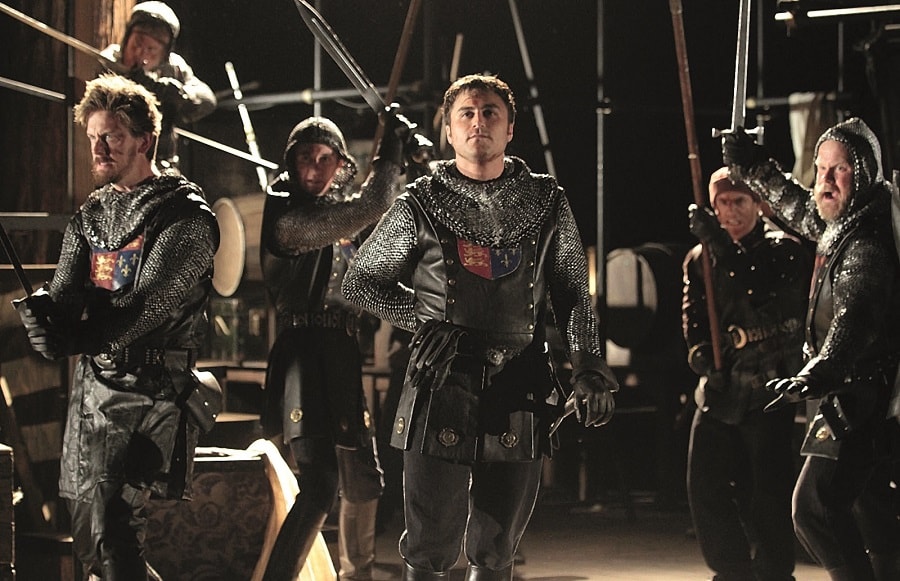SANTA CRUZ, CALIF.: Even in an era when we’ve become all too accustomed to news about theatre closures, the abrupt end of Shakespeare Santa Cruz—a scrappy professional company that staged plays in rotating repertory for 32 years, many on a beautiful outdoor stage among the redwoods—was different. The company, whose affiliation with the University of California–Santa Cruz put the university’s regents roughly in the role of the theatre’s board, had a budget of about $1.5 million, and staged three or four shows in the late summer (plus an annual holiday show). But this venerable West Coast institution attracted national talent and attention, from Tony-winning director Pam MacKinnon, who staged a stark Othello there in 2010, to Eric Ting, who helmed a 2009 production of Donald Margulies’ Shipwrecked!, to Art Manke, who directed a 2008 production of Itamar Moses’s Bach at Leipzig.
That last title was a particular favorite of artistic director Marco Barricelli, who began his tenure in ’08, succeeding Paul Whitworth (previous artistic directors included Danny Scheie and Michael Edwards). “I was very interested in a theatre that could juxtapose contemporary plays with Shakespeare,” Barricelli says from his office on campus. “What was interesting was the perspective they shed on each other. So I chose plays that had scope, scale and storytelling prowess, in the same way that Shakespeare’s plays do.”
Among Barricelli’s “prime directives” was to increase the number of Equity contracts and to “inch up the pay grade as much as I could to make it more attractive to work here.” But he understood that he could never pay enough to attract artists simply for the money. “I had to make the work experience here a special one. My hope was that people who had worked here, when they were at the bar with their peers after their next gig, would talk about what a great time they had here, and would say, ‘I was able to realize my vision with my work.’”
For his part, Barricelli was mostly able to maximize his own vision, though he’s frustrated that the ground gained by him and his team—including resident designer Michael Ganio, who supervised a renovation of the weather-worn outdoor stage, and longtime local costume guru B. Modern, who’d been dressing SSC shows for decades—will have been for naught. At press time, UCSC chancellor George Blumenthal was talking hopefully about the university working with an “independent group.” But this is clearly the end of an era, and Barricelli fears that the chance for artists to work within the creative constraints of rotating repertory, already scarce in the American theatre, just got scarcer.
Despite this unhappy ending, Barricelli—who at SSC acted in The Lion in Winter and directed Twelfth Night—plans to seek another artistic director position: “I love nothing more than standing in the back of the house in the dark and watching the audience lean into these plays, and watching these people I put together do these plays.”


